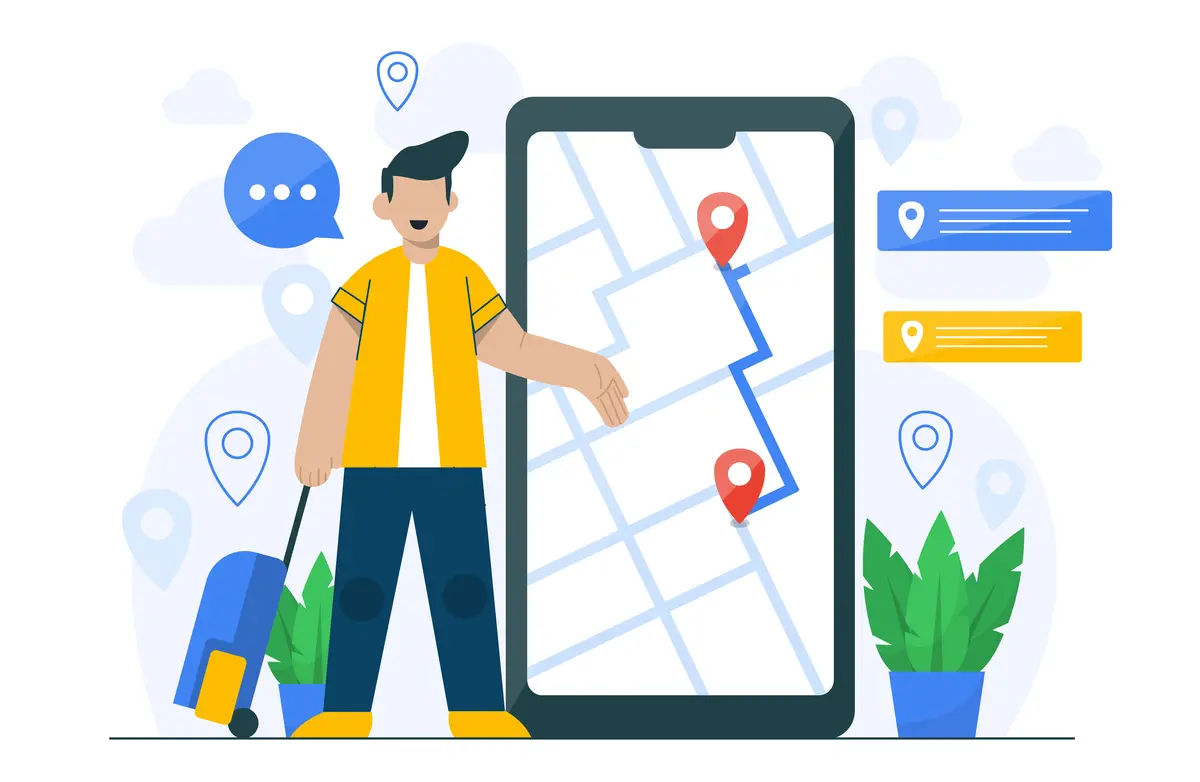Mobile Marketing: A Comprehensive Guide to Drive Conversions in a Mobile-First World
Mobile marketing has become an essential strategy in today’s digital landscape, with mobile devices accounting for the majority of internet traffic. Mobile marketing involves engaging users through mobile-optimized websites, apps, SMS, push notifications, and social media. The key to success lies in delivering personalized, seamless experiences tailored to your audience’s preferences and behavior.
This guide explores the importance of mobile marketing, effective strategies, challenges, and actionable tips to optimize your campaigns. With a focus on practical insights and tools, this resource will help you achieve higher engagement, conversions, and ROI.

What Is Mobile Marketing?
Mobile marketing is the practice of promoting products and services to users through mobile devices. It encompasses various channels such as SMS, mobile apps, in-app ads, push notifications, and mobile-friendly websites. The primary goal is to engage users on their preferred devices, driving traffic and conversions.
For example, a local restaurant could use SMS to send time-sensitive offers to nearby customers. Combining this with strategies like local keyword optimization ensures the message reaches the right audience. By leveraging Google Analytics , businesses can monitor mobile traffic and user behavior to refine their strategies.
As mobile usage continues to grow, businesses that embrace mobile marketing will stay ahead of their competitors by reaching users directly on their devices.

Why Is Mobile Marketing Important?
Dominance of Mobile Devices: Over 60% of global internet traffic comes from mobile devices, highlighting the importance of mobile-first strategies. Users spend significant time on mobile apps, making this a critical channel for engagement.
Personalized Engagement: Mobile marketing allows for hyper-personalized experiences. For example, geotargeted push notifications can alert users about nearby promotions or events, improving relevance and engagement.
High Engagement Rates: Mobile-specific channels like SMS and push notifications boast open rates as high as 98%. In comparison, email averages a 20% open rate. This makes mobile marketing one of the most effective tools for direct communication.
Integration with Other Channels: Mobile marketing integrates seamlessly with other digital efforts, such as social media, PPC, and email marketing. For instance, an ad campaign optimized for mobile search can drive traffic to a Google My Business listing , improving local visibility.
By prioritizing mobile marketing, businesses can capitalize on growing mobile usage, deliver relevant messages, and achieve measurable results.
Key Strategies for Mobile Marketing
Optimize for Mobile Search: Mobile users often search with intent-driven queries like “restaurants near me” or “best deals on phones.” Optimize your site for these queries by using tools like SEMrush to identify mobile-friendly keywords. Ensure your site is mobile-responsive, loads quickly, and features concise content.
Leverage SMS and MMS Marketing: SMS and MMS are direct, cost-effective channels for reaching users. For instance, a fashion retailer can send SMS alerts about flash sales, driving immediate purchases. Pair these messages with rich media, such as product images or videos, to enhance engagement.
Create Mobile Apps: Apps provide a dedicated platform for engaging users. Features like in-app messaging, personalized content, and loyalty programs keep users returning. Analyze app performance with tools like Localytics to refine user experiences.
Use Location-Based Marketing: Geotargeting enables businesses to reach users based on their location. For example, a coffee shop could send push notifications about discounts to users within a 1-mile radius. Enhance local SEO efforts with structured data from the Schema Markup Guide to improve visibility in local searches.
Optimize Content for Mobile: Mobile-friendly content is concise, visually engaging, and easy to navigate. Use responsive design to ensure your site adapts to various screen sizes, and compress images to improve loading speed.

Top Tools for Mobile Marketing
Google Analytics: Analyze mobile traffic, behavior, and conversions to optimize campaigns.
SEMrush: Identify mobile-specific keywords and track competitors’ strategies.
PushEngage : Create and manage push notification campaigns for better user engagement.
Localytics: Gain insights into app performance and user behavior for improved retention.
BrightLocal : Enhance local SEO performance to attract mobile users searching for nearby services.
These tools streamline the execution and monitoring of mobile marketing campaigns, ensuring better ROI.
Challenges in Mobile Marketing
Fragmented User Experience: With varying screen sizes and operating systems, delivering a consistent experience across devices can be challenging. Businesses must invest in responsive design and rigorous testing.
Privacy and Compliance: Mobile marketing often involves collecting personal data, raising privacy concerns. Ensure compliance with regulations like GDPR and CCPA, and always obtain user consent.
High Competition: Standing out in the crowded mobile space requires high-quality, innovative content that captures attention immediately.
Attribution and Tracking: Tracking the impact of mobile campaigns and attributing conversions to specific channels can be complex. Tools like Google Tag Manager simplify this process.

Best Practices for Mobile Marketing
Adopt a Mobile-First Approach: Design campaigns with mobile users in mind. Ensure your website is mobile-responsive, with fast loading speeds and intuitive navigation.
Personalize Content: Leverage user data to deliver personalized messages. For example, recommend products based on past purchases or browsing history.
Focus on Voice Search Optimization: With the rise of virtual assistants, optimizing for voice search helps businesses capture voice-driven mobile queries.
Regularly Test Campaigns: A/B testing for SMS timing, push notification content, or app layouts ensures continuous improvement and better results.
Monitor Analytics: Track key metrics like mobile traffic, bounce rates, and conversions to refine your campaigns and maximize ROI.
The Future of Mobile Marketing
The future of mobile marketing lies in AI-driven personalization, augmented reality (AR) experiences, and 5G technology. AI enables businesses to predict user behavior and deliver tailored recommendations, while AR enhances user interaction with immersive experiences. As 5G adoption increases, faster connectivity will unlock new possibilities for engaging users on mobile platforms.
Contact Us
Drop Us a Line
Talk to Our SEO Experts – Start Your Success Journey!
